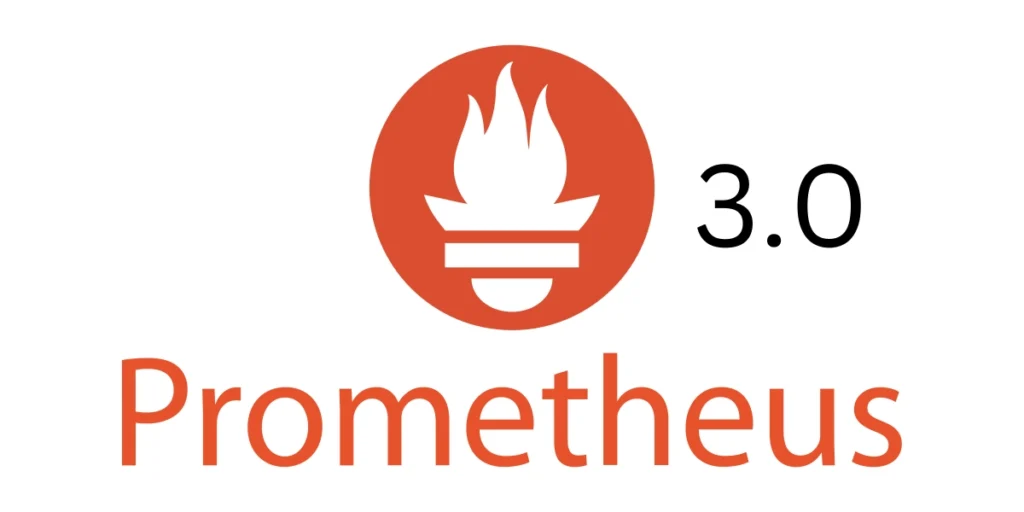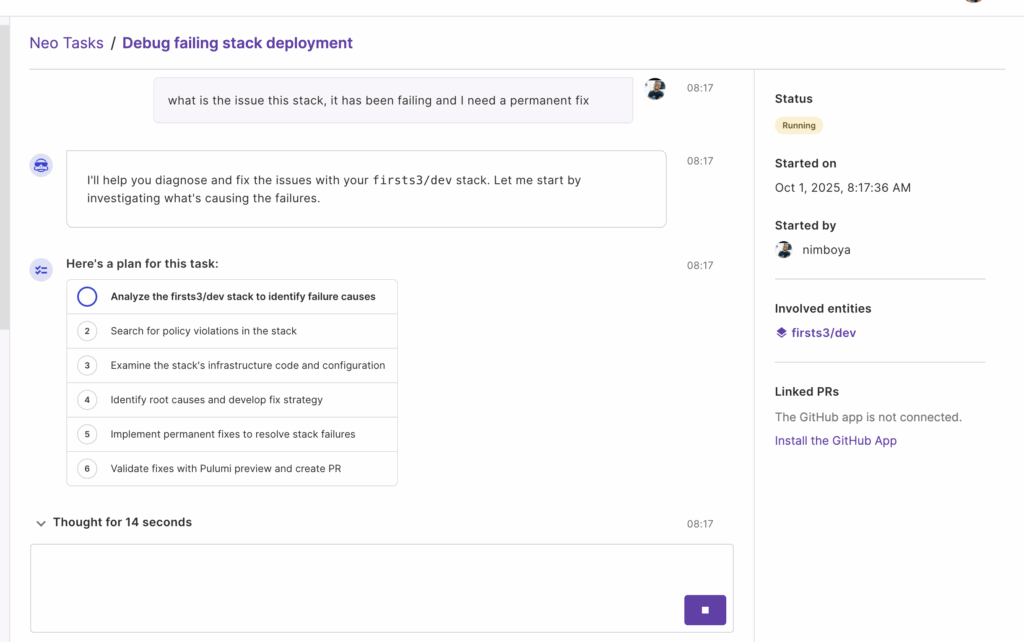Following the unveiling of Prometheus 3.0 beta at PromCon in Berlin, the Prometheus Team is thrilled to announce the immediate release of Prometheus Version 3.0, marking a historic milestone as the first major release in seven years.
This launch not only highlights the evolution of Prometheus from an early-adopter tool to a cornerstone of the cloud-native ecosystem but also introduces groundbreaking features designed to enhance its functionality and ease of use.
What’s New in Prometheus 3.0
1. New UI
One of the most noticeable updates is the introduction of a completely overhauled UI. Enabled by default, the new interface features:
- A modernized design with reduced clutter.
- A PromLens-style query tree view, improving query visualization.
- A technical stack upgrade, ensuring better maintainability in the future.
Since the beta release, the UI has been further enhanced to support UTF-8 metric and label names, catering to a broader range of use cases. For those who prefer the classic look, the old UI can still be accessed via the old-ui feature flag.
2. Remote Write 2.0
The updated Remote Write protocol brings improved efficiency and functionality:
- Native support for metadata, exemplars, created timestamps, and native histograms.
- Reduced payload size and CPU usage via string interning.
- Enhanced error handling for partial writes.
This improvement ensures seamless integration with downstream systems while optimizing resource utilization.
3. UTF-8 Support
Prometheus now allows UTF-8 characters in metric names, label names, and values by default, eliminating limitations from previous versions. This change simplifies interactions with non-ASCII systems and metrics, aligning with global standards.
4. OTLP Support
Prometheus 3.0 deepens its commitment to OpenTelemetry with:
- Native OTLP Metrics protocol ingestion on the /api/v1/otlp/v1/metrics endpoint.
- Support for UTF-8 normalization, ensuring OpenTelemetry metrics are stored and queried as defined, without awkward name changes.
These updates bridge gaps between Prometheus and OpenTelemetry, streamlining interoperability across the cloud-native stack.
5. Native Histograms
A new Native Histograms metric type debuts, offering:
- Higher efficiency compared to Classic Histograms.
- Pre-set exponential bucket boundaries, removing the need for manual tuning.
Though still experimental, Native Histograms provide a glimpse into the future of cost-effective, precise metric collection. Enable this feature using the –enable-feature=native-histograms flag.
Breaking Changes
Prometheus 3.0 introduces some breaking changes, aimed at cleaning up legacy issues:
- Updates to feature flags and configuration files.
- Adjustments to PromQL and scrape protocols.
A detailed migration guide is available to help users transition smoothly and ensure compatibility with the new release.
Performance Improvements
The Prometheus community has made significant strides in optimizing performance over the years. Comparing versions:
- Memory Usage: Dramatic reduction since Prometheus 2.0.
- CPU Efficiency: Noticeable gains, with better query and storage efficiency.
The benchmarks highlight backward compatibility and the platform’s stability while delivering improved performance metrics.
Looking Ahead
Prometheus 3.0 sets the stage for the next wave of innovation in cloud-native monitoring. With a focus on interoperability, performance, and usability, it reaffirms its position as a must-have in any observability stack.
Get started with Prometheus 3.0 today and explore the new features and enhancements that redefine monitoring in a cloud-native world. For more information, visit the official documentation and join the conversation on GitHub to share feedback or report issues.
You can try out Prometheus 3.0 by downloading it from our official binaries and container imagess.






